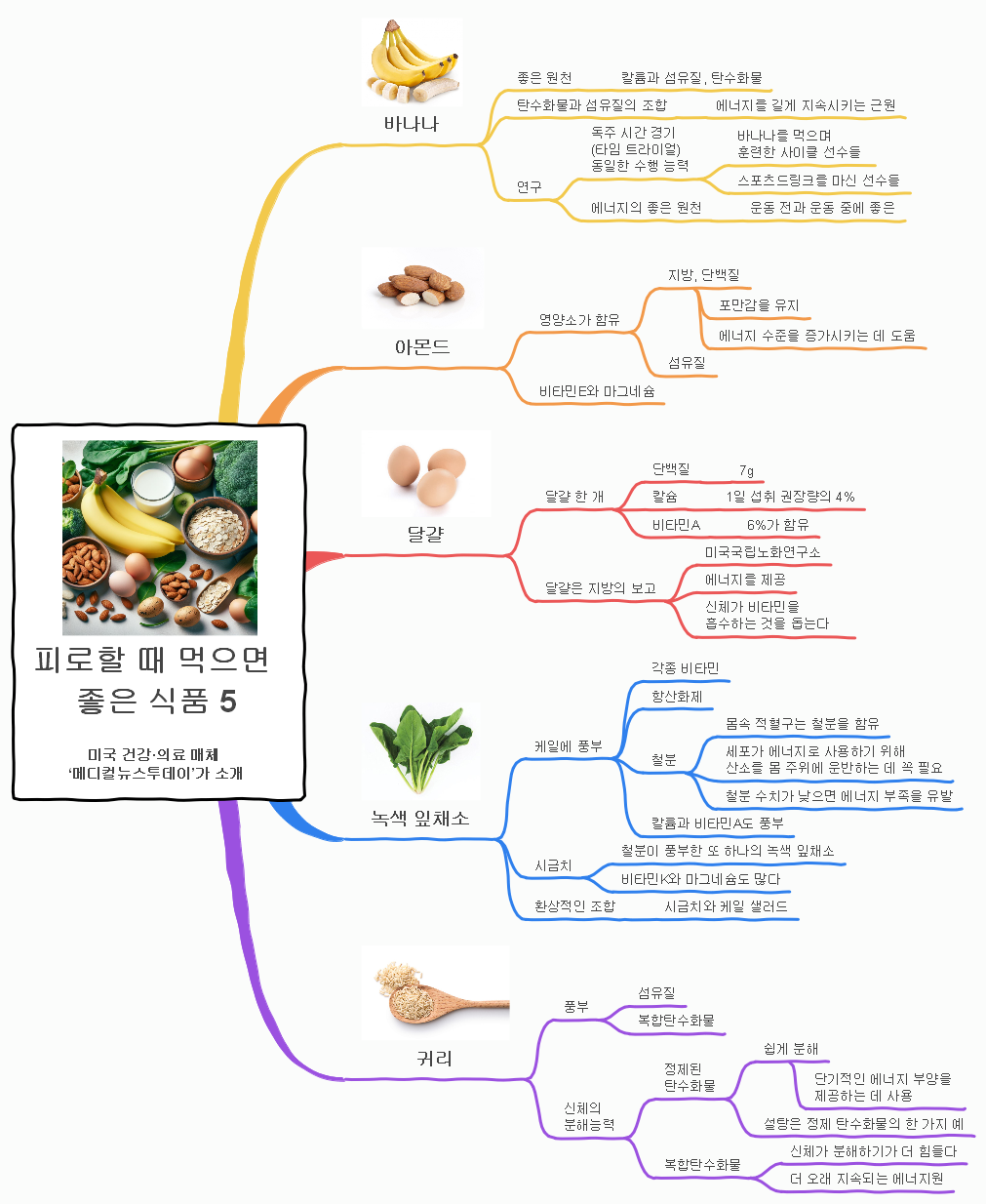⚠️ Pancreatic Cancer: The Fearsome Disease
Pancreatic cancer is often referred to as a “stealth cancer” because it develops silently without noticeable symptoms. This characteristic makes early detection challenging, and by the time it’s diagnosed, the cancer is usually in an advanced stage.
The 5-year survival rate is around 12%, which is alarmingly low. To put this into perspective, even lung cancer, known for its severity, has a survival rate of 30%. This stark contrast highlights the deadly nature of pancreatic cancer, often earning it the grim nickname “a death sentence upon diagnosis.”
It is estimated that about 10,000 new cases of pancreatic cancer will be diagnosed annually, and by 2035, the number is expected to rise significantly due to the increasing elderly population.
🔍 Early Detection Can Save Lives
If pancreatic cancer is detected at an early stage, surgical removal is possible, with a cure rate of approximately 50%. Recognizing potential symptoms early and undergoing prompt medical evaluation can make a significant difference.
- Key Symptoms to Watch For:
- Back pain radiating from the abdomen
- Unintentional weight loss
- Jaundice (yellowing of the skin and eyes)
- Screening Methods:
- Abdominal Ultrasound: Helpful in early detection, especially when tumors are 1–2 cm in size and located in areas suitable for removal. However, the pancreas’ location deep in the abdomen limits the scope of this method.
- CT Scan: Provides detailed imaging but carries the risk of radiation exposure, making it unsuitable for annual screenings.
- Pancreatic MRI: A safer option for high-risk groups as it involves no radiation exposure, making it ideal for regular monitoring.
🚩 Who Is at Risk?
Certain groups are at a higher risk of developing pancreatic cancer. Individuals falling into these categories should consider regular screenings and proactive health management.
- Family History:
- Having a first-degree relative with pancreatic cancer significantly increases the risk. In such cases, genetic mutation testing is recommended.
- A family history of breast cancer, colorectal cancer, ovarian cancer, or melanoma also raises the risk.
- Age:
- Most common in individuals aged 70–80.
- When it occurs in younger people, it is often linked to genetic vulnerabilities.
- Hereditary Pancreatitis:
- Those who experience recurrent pancreatitis from their 20s are at higher risk.
- Other High-Risk Factors:
- Long-term diabetes
- Chronic pancreatitis
- Long-term smoking
- High consumption of fatty meats and processed meats (e.g., ham, sausages)
